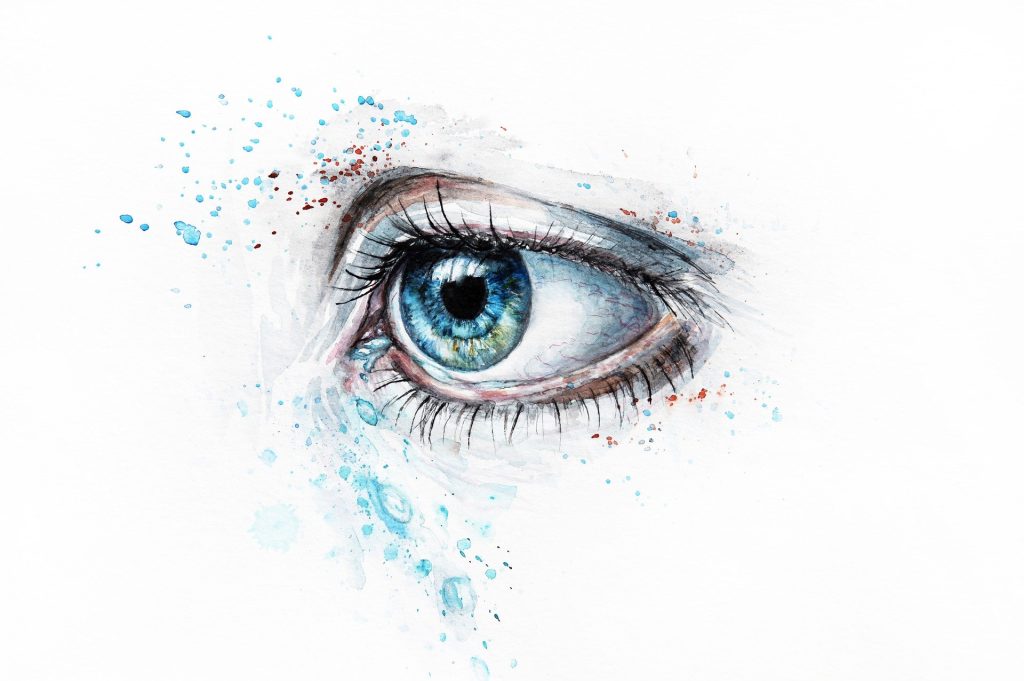
Another popular article from our archives to be brought to the top and our new readers to read.
Did you know that the cornea is one of the few parts of your body that doesn’t have blood vessels supplying oxygen to it. The only other parts are tooth enamel, hair and nails.
So that light can travel through the cornea is transparent as well as no sight of blood vessels.
As there are no blood vessels to carry any oxygen where does the eye get oxygen from? It has to come directly from the outside air. To keep the cornea nice and healthy oxygen enters tears and carbon dioxide is released via the same process back out to the atmosphere. Certain things such as keeping your eyes shut for a pro-longed period of time or wearing the wrong contact lens can cause the cornea to lack oxygen.
There could be bad affects if the cornea doesn’t receive enough oxygen. This could be the ability to not detect pain, scarring and become less transparent. Additionally, new blood vessels from the sclera (the white part of the eye) can grow into the cornea and cause further damage and scarring. Always wondered why you may get a blood shot eye? This occurs when the cornea is looking for an alternative way to get more oxygen in. Since the cornea is without blood vessels, the retina pumps up its veins in attempt to absorb more oxygen.
This response can lead to other problems over time like corneal neovascularization and macular degeneration disease. The oxygen supply to the cornea is slightly less absorbed when contact lenses cover the cornea. Contact lenses are now made to allow more oxygen to pass through to the eye and some are designed to be in for long periods of time too.
It is always a good idea to check with your optician to make sure you have the correct type of lenses to avoid damaging your eyes. Early symptoms of a lack of oxygen include dryness and irritation as well as blood shot eye. Solutions and moisturisers are available to help keep your eyes healthy and oxygenated.
References: http://www.aclm.org.uk and http://www.avoideyestrain.com
Original post 2015




